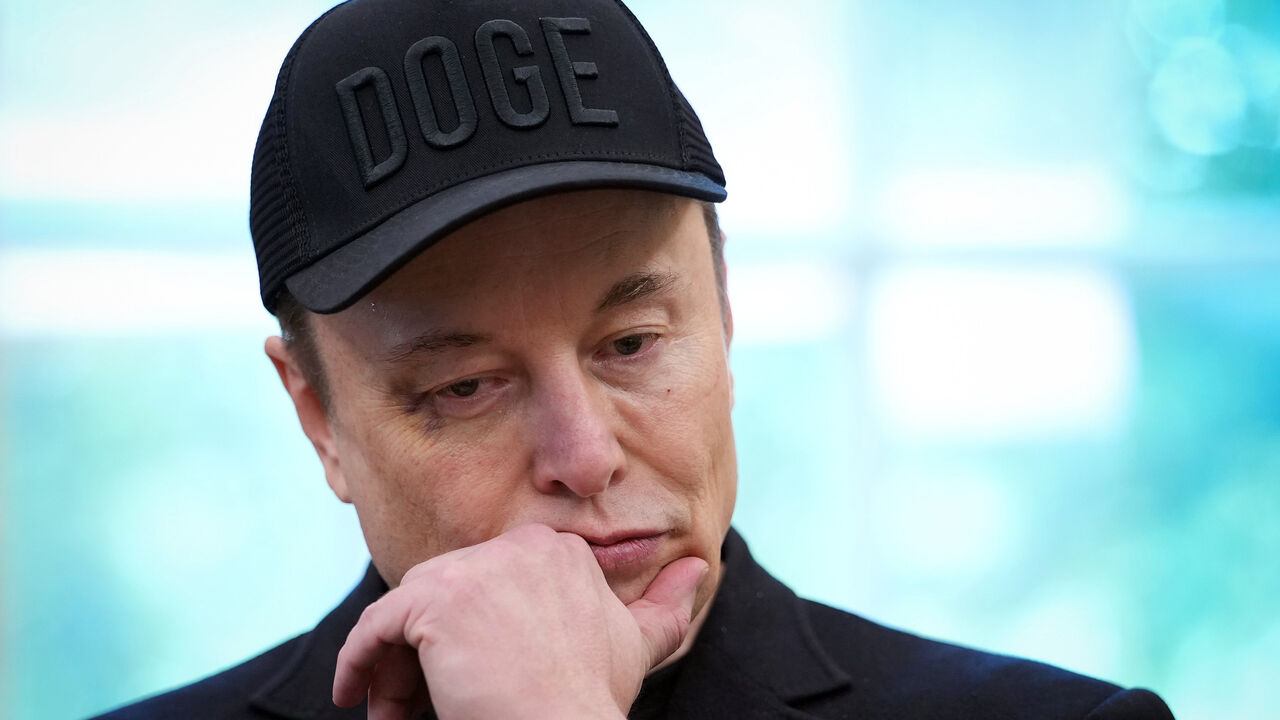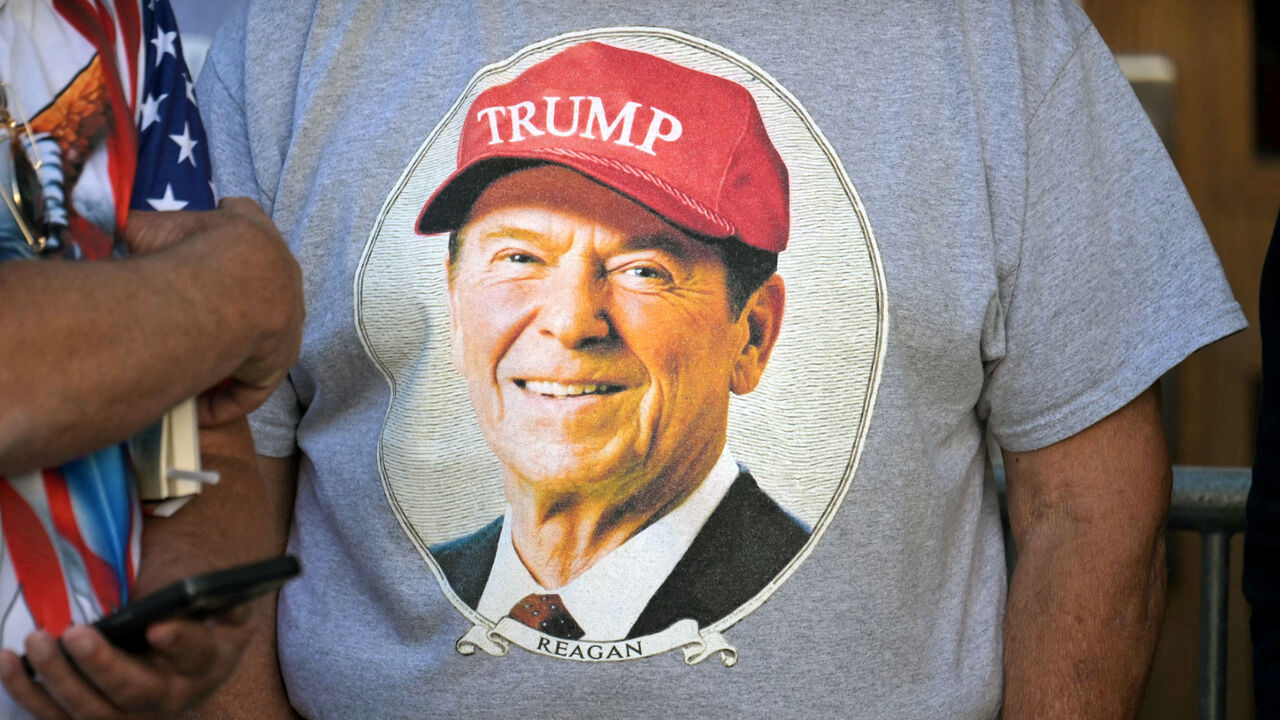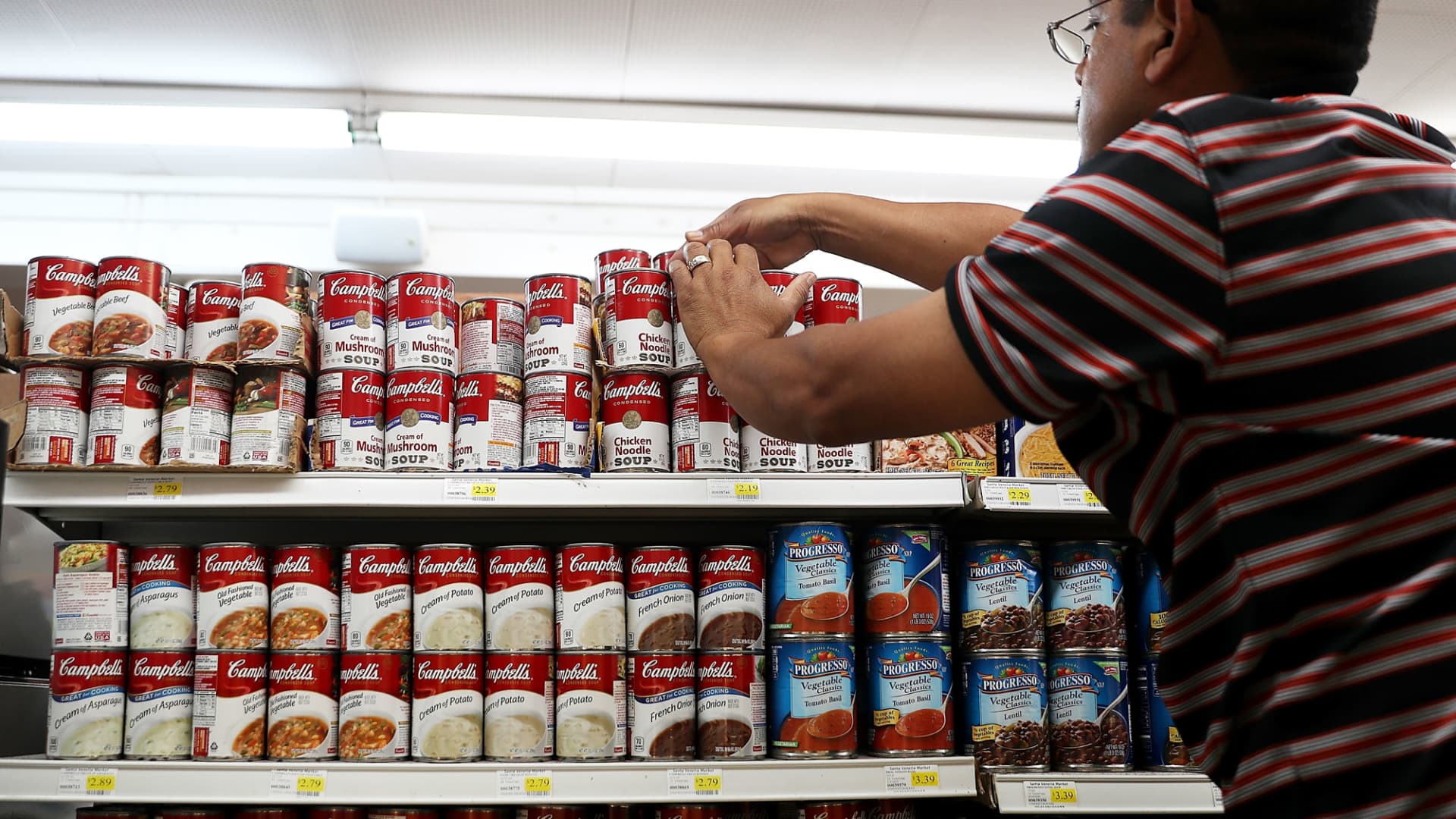IN HIS INAUGURATION speech, Donald Trump promised that in his administration, “we will not forget our constitution.” The promise did not last long. Before the day was over, Mr Trump had signed an executive order that, if implemented, would apparently end birthright citizenship, which is guaranteed by the 14th Amendment to the constitution. According to the plain text of the amendment, “all persons born or naturalised in the United States, and subject to the jurisdiction thereof, are citizens of the United States”. It doesn’t mean what it appears to mean, Mr Trump claims.
Under Mr Trump’s order, from next month the federal government will refuse to issue “documents recognising American citizenship” (presumably passports) to newborns unless they have one parent who is either a citizen or a permanent resident of the United States. The children of unauthorised immigrants born in America would thus be excluded. But so too would those of around 3m people living in America on tourist, work or student visas.
Relatively few rich countries automatically extend citizenship to everyone born on their territory (though Canada does, as do most countries in Latin America). America started doing so at the end of the Civil War. The constitution was amended then to overturn the Dred Scott decision of 1857, which held that black people were not Americans. The 14th Amendment ensured that freed slaves and their children would henceforth be citizens.
Mr Trump’s argument is that the 14th Amendment “has never been interpreted to extend citizenship universally to everyone born within the United States”. Narrowly speaking, this is true. The American-born children of foreign diplomats, who have immunity from prosecution, have always been excluded from American citizenship, under the clause about jurisdiction. Until the passage of the Indian Citizenship Act in 1924, so too were some native Americans who belonged to sovereign tribes. But Mr Trump seems to think the jurisdiction clause allows him to exclude the children of even some legal immigrants from birthright citizenship.
To justify this he draws on fringe thinking, which has gained adherents on the right since the early 1990s. Republican representatives in Congress have repeatedly introduced laws ending birthright citizenship, though none has got out of committee, notes Peter Spiro, an expert in citizenship at Temple University in Philadelphia. The argument made is that when the framers of the amendment wrote “jurisdiction” what they in fact meant was “allegiance”. As argued by Hans Spakovsky, of Heritage, a right-wing think-tank, the children of temporary residents and undocumented migrants are “subject to the political jurisdiction (and allegiance) of the country of their parents”, and so not that of the United States. The argument “just looks reversed-engineered onto the text”, says Mr Spiro.
Since 1898, when United States v Wong Kim Ark was decided by the Supreme Court, American law has held that birthright citizenship applies to the children of foreigners, says Alison LaCroix, of the University of Chicago’s law school. In that case, the child of Chinese migrants in San Francisco sued because he was refused entry into America after traveling, as an adult, to China to visit his parents. “That’s been the consistent treatment” ever since, says Ms LaCroix. A president cannot overturn over a century of precedent about how to interpret a constitutional amendment with an executive order. Had it been applied in the 1960s Mr Trump’s rule would have stopped Kamala Harris, the former vice-president, from becoming a citizen.
And, although work visas and the like are nominally meant to be temporary, in reality, many people have them (legally) for decades, and start families during that time. In particular, because of a federal cap on the number of green cards available to citizens of any one country, people from India and China find it almost impossible to convert to permanent residency. Now their children may be excluded from citizenship, too. Indeed, it is unclear what legal status those children would have. In effect, some legal immigrants would give birth to undocumented “immigrants”.
For all these reasons Mr Trump’s order seems unlikely to survive legal challenges, even with a friendly Supreme Court. But even if it does, implementing it would be difficult. When applying for passports Americans now have to submit only a birth certificate to prove their citizenship; these do not now record the citizenship or legal status of parents. Birth certificates are also issued by local governments, and so that is unlikely to change soon, at least in Democratic states. To exclude foreigners’ children, everyone would have to provide documentation proving their status, notes Muzaffar Chishti, of the Migration Policy Institute, a think-tank.
The effect of ending birthright citizenship, combined with America’s current immigration law, would be to create a growing class of second-class residents–non-immigrants who can never become citizens. Fortunately, Mr Trump probably lacks the power to bring that about. ■

 Personal Finance1 week ago
Personal Finance1 week ago
 Blog Post1 week ago
Blog Post1 week ago
 Economics6 days ago
Economics6 days ago
 Economics1 week ago
Economics1 week ago
 Accounting6 days ago
Accounting6 days ago
 Personal Finance1 week ago
Personal Finance1 week ago
 Economics6 days ago
Economics6 days ago
 Personal Finance6 days ago
Personal Finance6 days ago



















